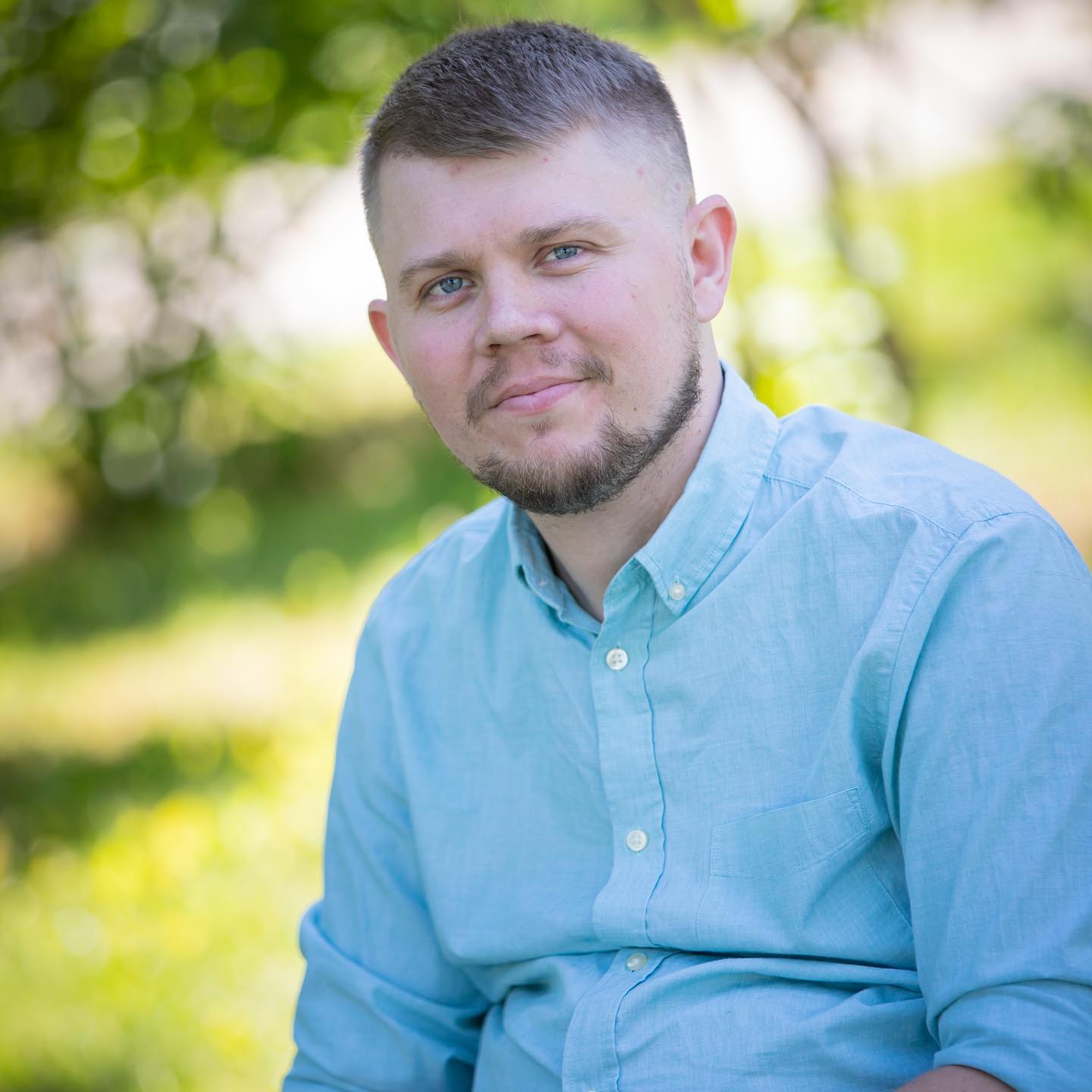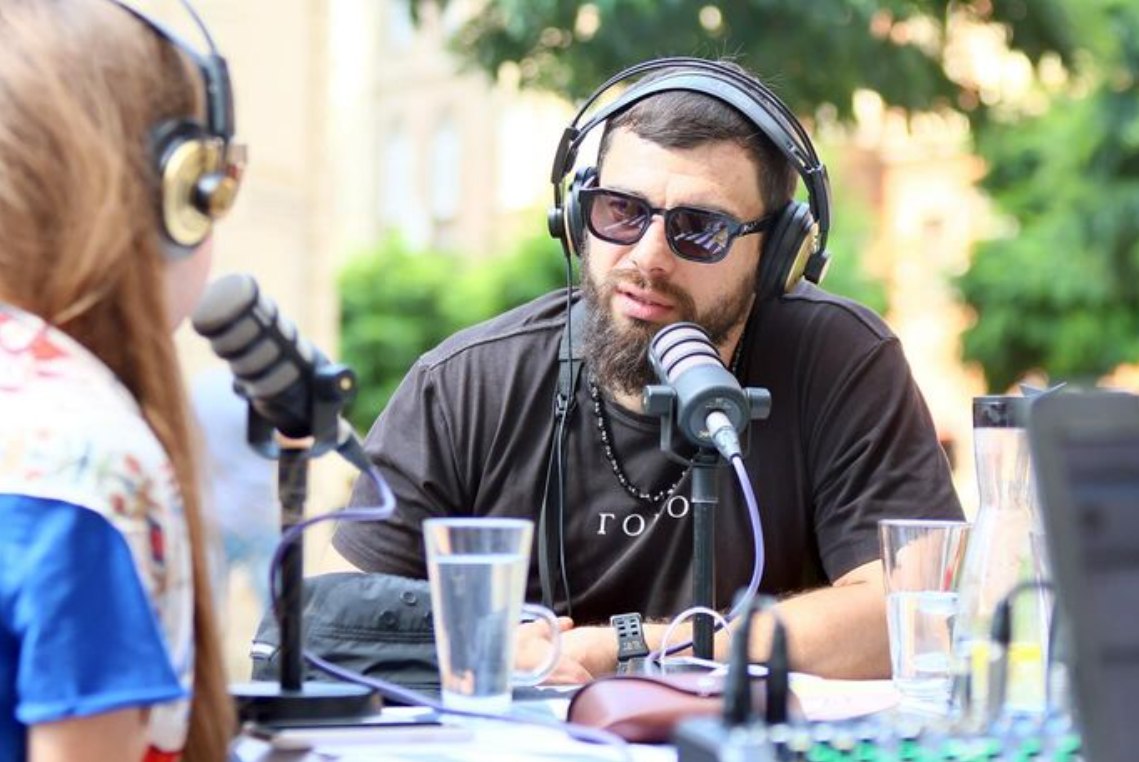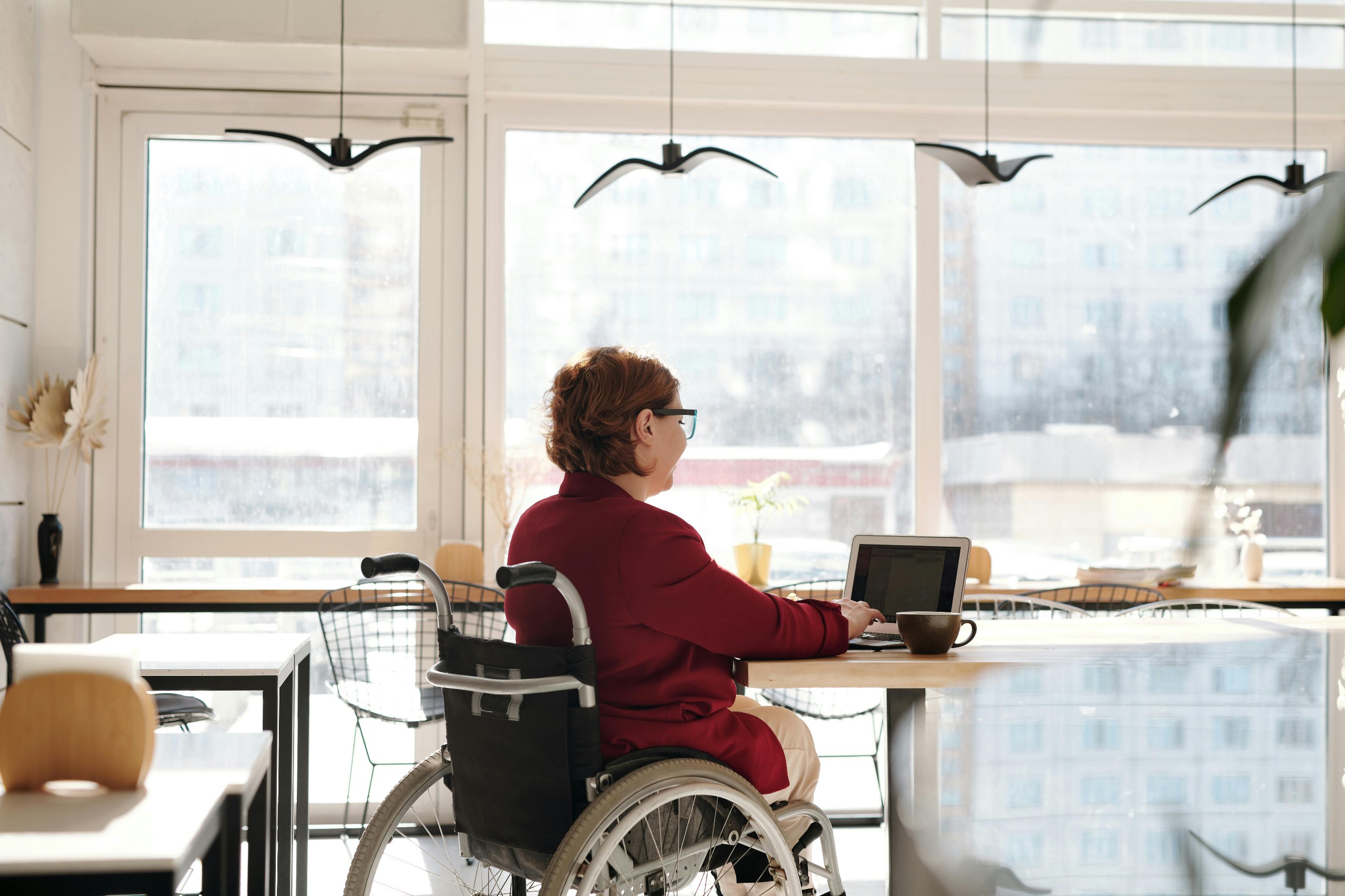Ukraine plans to create a barrier-free space by 2030. At the initiative of First Lady Olena Zelenska, the relevant National Strategy was even adopted. We asked representatives of business and civil society organizations about their views on barrier-free access and the steps to implement it. We also discussed why barrier-free access is important for all people, not just those with disabilities.
New business strategy
Volodymyr Popereshnyuk, co-founder of Nova Poshta, believes that barrier-free access is a new business strategy. “This is an opportunity to attract a new target audience as a business user. Every entrepreneur wants his or her company to operate for decades, and possibly hundreds of years. Therefore, barrier-free accessibility is a new trend. This applies not only to people on crutches or wheelchairs who were injured in the war, but also to the elderly or mothers with children in strollers.”
Motherhood should not be a superhero
Maryna Marchenko, head and co-founder of the NGO Generation of Mothers Lada, adds that many women refrain from having children because they do not want to feel isolated.
“When my daughter was a month old, I went to work and the first thing I heard from the director was, ‘Why are you here, stay at home and feed the baby’. I was outraged. Why is someone telling me what to do? And I know for a fact that many women face a similar attitude. Even before the full-scale invasion, the UN reported that Ukraine was in a huge demographic crisis. To fix this, it is not enough to pay social benefits. We need to analyze why people don’t want to have children. I think women don’t want to be isolated.”

“The biggest and most important reason why women don’t want to have children now, besides fear for their own safety, is that they are afraid of being socially isolated. They are afraid that society won’t accept them, that they won’t be able to go anywhere with a stroller and won’t be able to return to work. And nowadays, a career can be as important for a woman as her children. Motherhood should not be a superhero. We should not have to overcome difficulties every day, such as pulling a stroller up the stairs because there is no ramp. We want to be taken care of and have at least this task simplified. For me, this is about barrier-free access.”
Understand each other’s needs
“We need to tell society how to communicate with people with disabilities. They are now experiencing tremendous pressure from society every time they go out into the city,” says Vitaliy Pcholkin, director of the NGO Active Rehabilitation Group. “We have very empathetic people. But sometimes it is inappropriate. For example, if a person in a wheelchair has stopped and is drinking coffee, you don’t need to approach and ask if they need help. But if they stop in front of the stairs, you should ask. Sometimes on the way from my apartment to the store (which is 500 meters), I can be offered help 20 times. It’s tiring. That’s why we need to learn to interact with each other.”

“I realized this recently from my father’s surprised reaction to a soldier with a prosthesis. It’s all about educating society and understanding each other’s needs. We need to remember that a person with a disability is a person, not a cripple, not an invalid, as they used to say in the Soviet Union, destroying the value of the person. We shouldn’t think that this person is not capable of doing something, or has limited capabilities, as they used to say. Let me remind you that the only country that still uses the term disabled is Russia.”
The mental burden of war
The need to work with social consciousness is also emphasized by Volodymyr Rudkovsky, a military man and motivational coach at the UNBROKEN Center.
“I can park my car in a space for people with disabilities. But maybe it would be better if a mom with two small children in her arms parked there? And I will park further away. For me, this is about consciousness and mutual respect in society. There is also another important point. Even those who have never experienced severe trauma subconsciously feel the mental burden of war.

“We, Ukrainians, face trauma due to the loss of loved ones, and this affects our mental health. A person who has lost limbs is often mentally healthier than someone who has remained physically unharmed but lives under constant stress. Our society is currently going through a difficult stage of history, and it is important to support veterans so that they can return to active life. On average, a person who has been seriously injured needs a year and a half of recovery to want to do something and be proactive. Businesses need to understand that such people need time to adapt, so that they can become the best employees in the future.”



